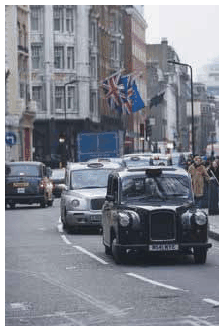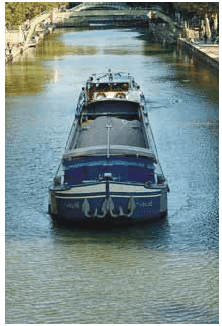Europeans enjoy unprecedented levels of personal mobility, while goods are shipped rapidly and efficiently from factory to customer, often in different countries. The European Union (UN) has stimulated this freedom of movement by opening national markets and by removing physical and technical obstacles. But today’s transport patterns and growth rates are unsustainable.
Moving people and goods quickly, efficiently and cheaply is a central tenet of the EU’s goal for a dynamic economy and cohesive society. The transport sector generates 10% of EU wealth in terms of gross domestic product (GDP) and provides more than ten million jobs.
The constant growth in mobility puts severe strains on transport systems. The result is congestion, particularly for road and air traffic which reduces economic efficiency, and adds to fuel consumption and to pollution.
Although many aspects of transport policy come under national governments, it makes sense for the European single market to have a single transport infrastructure. This is why the EU has opened national transport markets across the Union to competition, particularly in the road and air sectors and, to a lesser extent, for rail.
As a result, trucks can operate in countries other than their own, and no longer return empty on international journeys. In 2003, a first liberalisation package opened about 70-80% of long-distance rail freight traffic to competition.
Liberalisation alone cannot solve several deep seated problems. These include the dominance of road over other forms of transport, pollution, and the fragmentation of transport systems, including poor links to outlying regions and between national networks.
Congestion charging, where users pay for access to scarce infrastructure, is also being introduced. One example is the system, pioneered by London in 2003, which charges motorists for driving into central districts of town and cities. Rail is the first target. A freight train in the EU travels at an average speed of 18 kilometres per hour. Rail must improve speeds and service levels if it is to attract freight traffic from roads.
Internet: <europa.eu> (adapted).




